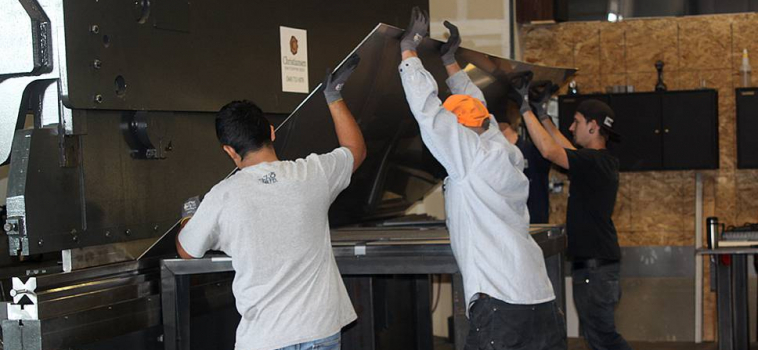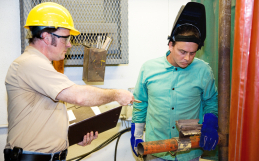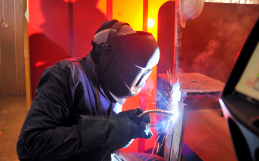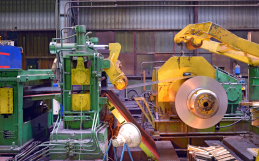If you’re looking for a career that will give you the opportunity to work with your hands as well as put your artistic gifts to use, becoming a metal fabricator can be a great career choice. Where should you begin? This guide will give you some basic information on what it takes to start a career in metal fabrication.
What is fabrication?
This is a process that is an essential part of manufacturing various products. It consists of creating products from a variety of materials and parts. Fabrication requires manipulating raw materials to create structures, specific designs, or machines.
What does a fabricator do?
Fabricators use a variety of materials to create products that go along with heavy equipment or with buildings. These products could be used both indoor and outdoor and they vary depending on the material used. In addition to being trained on how to use several types of high-level equipment, fabricators are trained to read detailed blueprints that outline how to construct the product.
What do fabricators use?
Fabricators undergo specialized training in cutting and shaping steel and other metals using tools like chop saws, band saws, torches, or water jet cutters. Fabricators also use formed metal, plate metal, expanded metal, welding wire, fittings, and castings. Some fabricators know how to use fiberglass and can develop car parts or boat decks.
What kind of training does a fabricator need to complete?
After high school graduation, you will need to complete formal training in fabrication. To start, you can focus on getting a job in a manufacturing facility that allows you to work and learn the trade. If you decide to continue on, you can complete training by enrolling in an associate degree program in fabrication or manufacturing. Most of the time, employers will provide on the job training while you finish school. Fabricators will work a lot with electronic or aircraft products that require classroom instruction. Your training will involve a lot of hand-eye coordination and learning how to follow complex engineering instructions with accuracy. Other training may include how to operate computer-controlled machinery.
As technology advances, there is a demand for skilled metal fabricators that are highly trained in computer-aided manufacturing. If you’re good at working with your hands and have a desire to use your creativity in a unique way, metal fabrication could be a great career path to consider. Contact us today at CE Metal Fabrication for information on how to get started as a fabricator!




